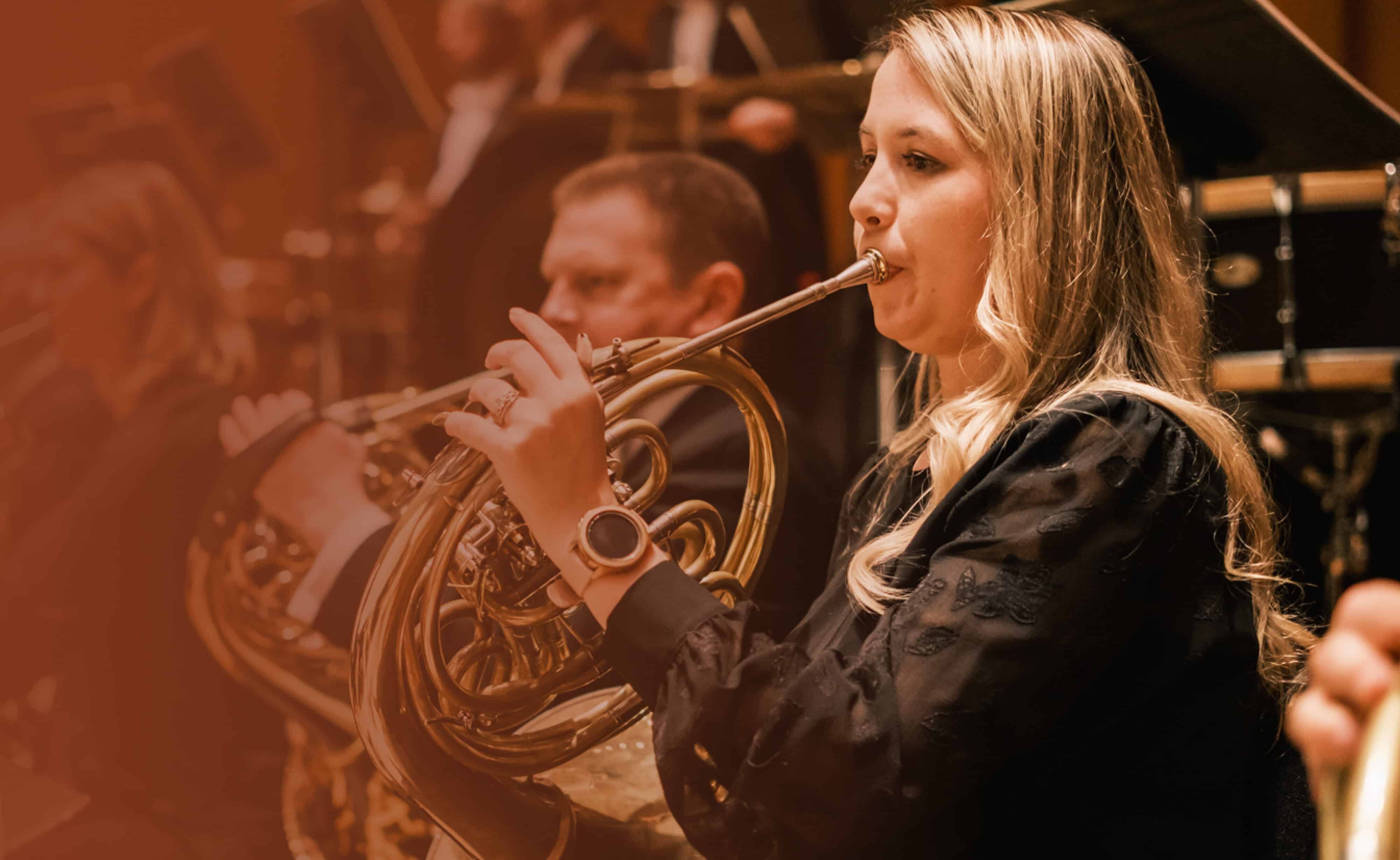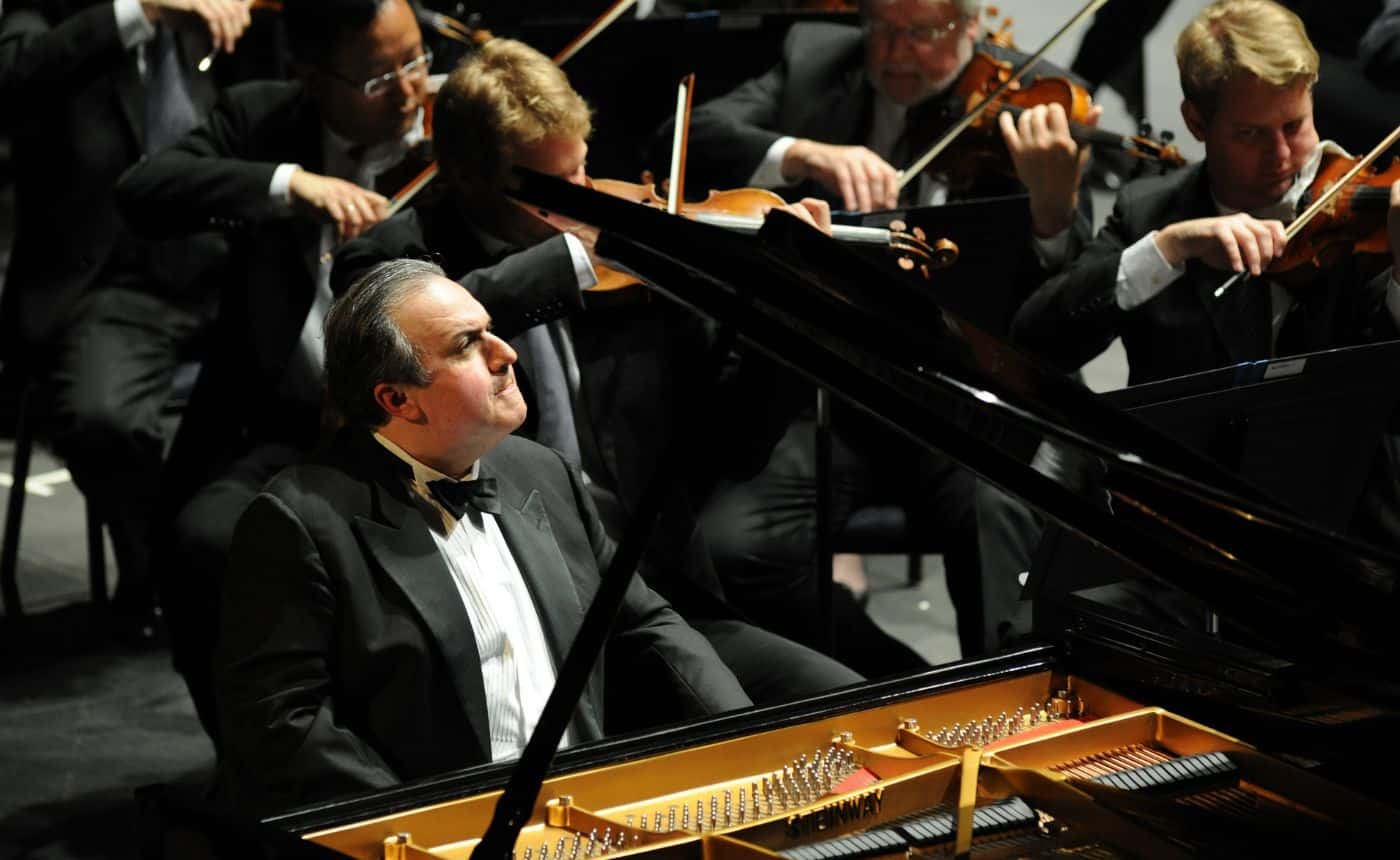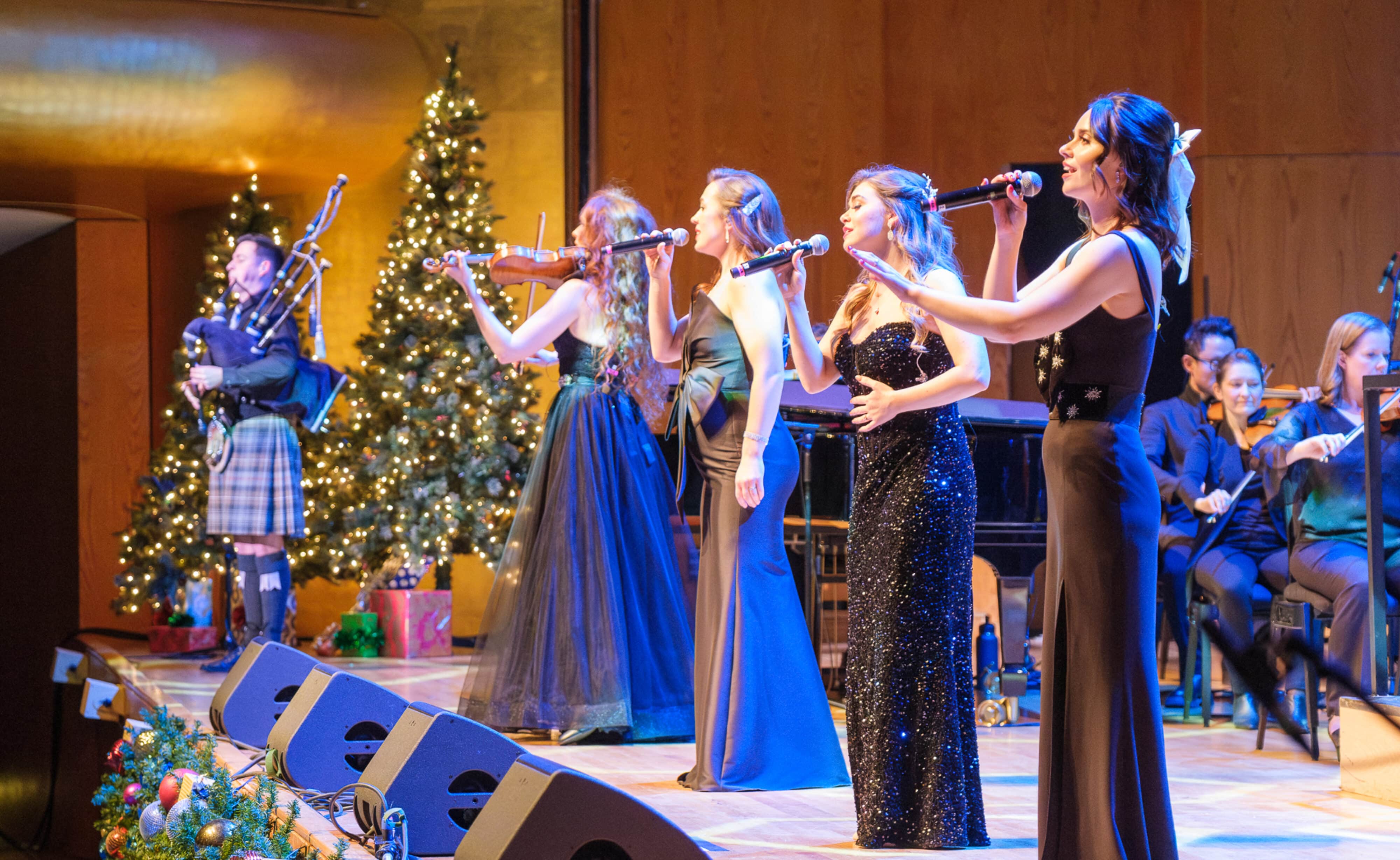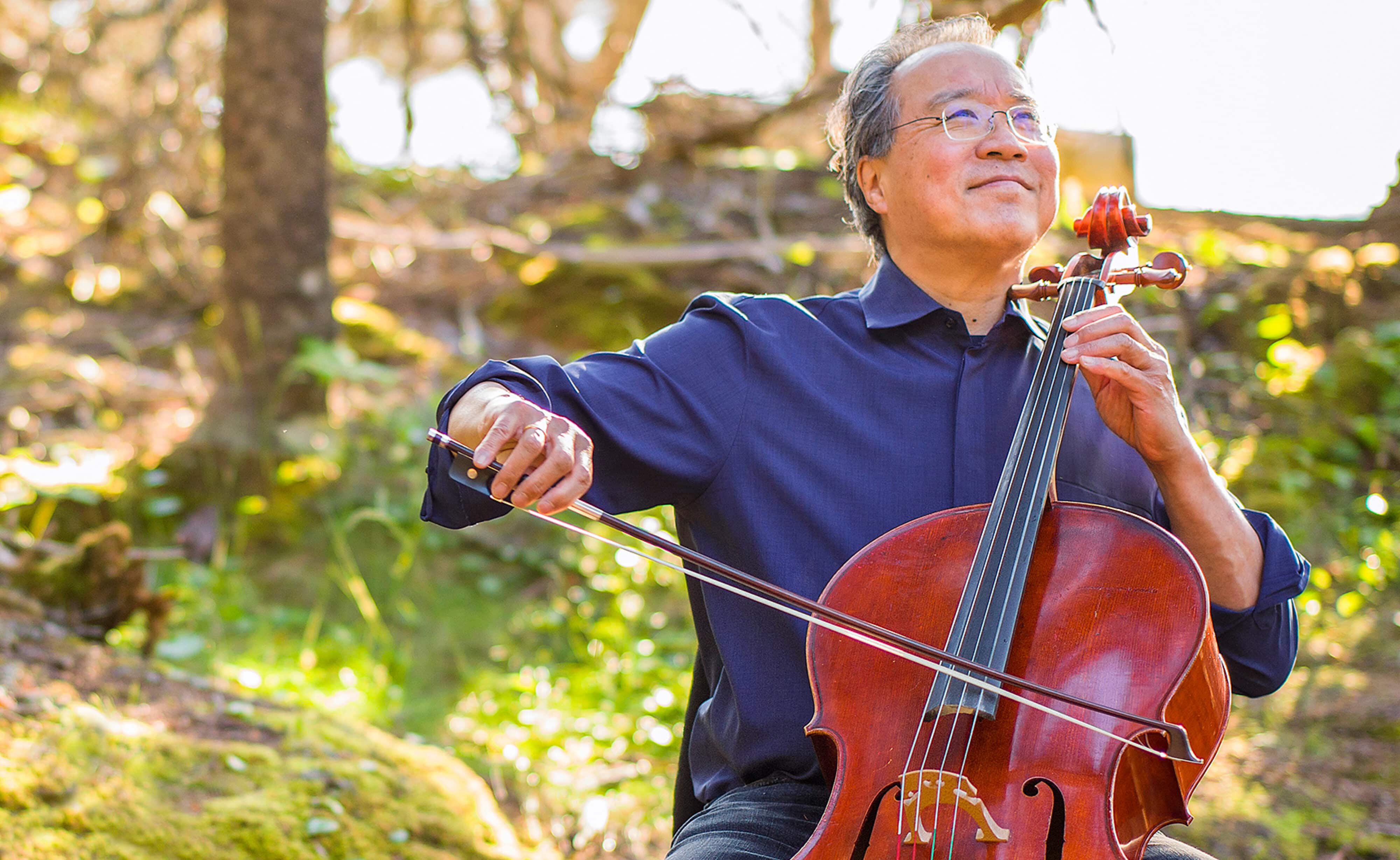Borne – Fantasie Brillante on Themes from Bizet’s Carmen
François Borne (1840 – 1920): Fantasie Brillante on Themes from Bizet’s Carmen (based on the opera Carmen by Georges Bizet, 1837 – 1875)
Instrumentation: 2 flutes, 2nd doubling piccolo, 2 oboes, 2 clarinets, 2 bassoons; 2 horns, 2 trumpets, trombone, bass trombone; timpani; strings
Performance Time: 12 minutes
Mozart, Verdi, Rossini and Wagner rank high among the many composers whose operas have inspired fantasias and transcriptions by their composer-colleagues. “La ci darem la Mano”, a duet from Mozart’s Don Giovanni, is the basis for dozens of theme-and-variations. But since its premiere in 1875, Bizet’s Carmen has surely taken the lead as a subject for virtuosic showpieces by other composers. The opera’s color and passion have given rise to spectacular arrangements for guitar, piano, full orchestra, and – in the case of François Borne – flute.
Born in 1840, Borne was a flutist with the principal opera company in Bordeaux as well as a composer and professor at the conservatory in Toulouse. Expert in both instrumental technique and in the development of the flute as an instrument, he is still recognized for his technical contributions to the Böhm flute. His Fantasie Brillante on Themes from Bizet’s Carmen is by far his most famous composition.
What to Listen For
Borne’s setting of Carmen’s luscious melodies – like those by Sarasate for the violin, and by Busoni and Horowitz for the piano – combine the virtuoso’s understanding of the solo instrument with a flair for the dance rhythms and passionate colors of the opera. Borne fills his setting with spectacular arpeggios that require fleet fingering and consummate breath control. Carmen’s brilliant Habanera, a traditional dance that she performs with castanets (and with abundant flirting), anchors the work. But the mood of Borne’s Carmen is far brighter than that of the fatalistic Gypsy girl of Bizet’s opera. In Borne’s showpiece, a set of brilliant variations on her showy Habanera leads to a triumphant close – in marked contrast with the opera’s violent, tragic ending.












